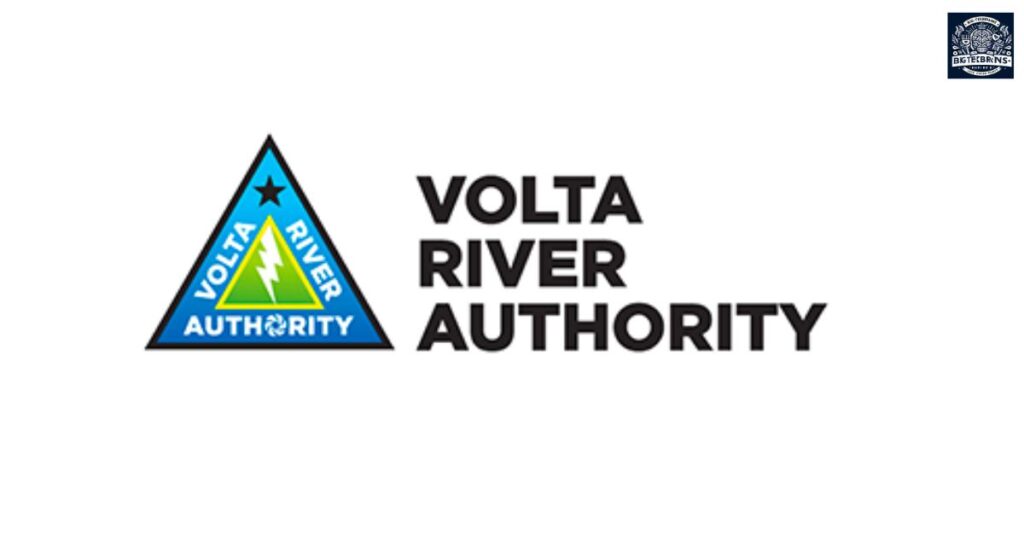Excerpt
The Volta River Authority (VRA) stands as a cornerstone in Ghana’s energy sector, playing a pivotal role in the nation’s development since its inception.
Establishment and Purpose
Established on April 26, 1961, under the Volta River Development Act (Act 46) of the Republic of Ghana, the VRA was mandated to generate, transmit, and distribute electricity nationwide. This initiative aimed to harness the Volta River’s potential for power generation, thereby accelerating Ghana’s industrial and economic growth.
Evolution of Mandate
In 2005, as part of the Ghana Government’s Power Sector Reforms, significant amendments were made to the VRA Act. These reforms primarily refocused the VRA’s mandate towards electricity generation, paving the way for Independent Power Producers (IPPs) to enter Ghana’s energy market. Consequently, the transmission functions were transferred to the Ghana Grid Company (GRIDCo), and the Northern Electricity Department evolved into the Northern Electricity Distribution Company (NEDCo), a wholly-owned subsidiary of the VRA.
Operational Scope
The VRA’s operations encompass a diverse energy mix, including hydroelectric, thermal, and solar power generation. Key installations under its management include:
Hydroelectric Plants:
- Akosombo Hydroelectric Plant
- Kpong Hydroelectric Plant
Thermal Plants:
- Takoradi Thermal Power Station
- Tema Thermal Power Complex
- Kpone Thermal Power Station
- Anwomaso Thermal Power Station
Renewable Energy Projects:
- Navrongo Solar Power Plant
- Lawra Solar Power Plant
- Kaleo Solar Power Plant
Organizational Structure and Leadership
The VRA’s organizational framework is designed to ensure efficient management and operational effectiveness. The leadership team is spearheaded by the Chief Executive, Mr. Emmanuel Antwi-Darkwa, supported by three Deputy Chief Executives overseeing distinct branches:
Engineering & Operations (E&O) Branch:
- Deputy Chief Executive: Ing. Edward Ekow Obeng-Kenzo
- Director, Engineering Services: Ing. Kwaku Wiafe
- Director, Thermal Generation: Ing. Samuel Odartey Lamptey
- Director, Hydro Generation: Ing. Kwaku Sarpong Mensah
Finance Branch:
- Deputy Chief Executive: Dr. Ebenezer Tagoe
- Director, Finance & Investment: Ing. Paul Seniagya
- Director, Procurement: Mr. Jacob Fosu-Kyei
Services Branch:
- Deputy Chief Executive: Ing. Kenneth M. Arthur
- Director, Human Resources: Mr Dominic Kwaku Abrokwah Ofosuhene
- Director, Legal Services: Mrs Angela Yasmin Heymann
Governance and Oversight
The VRA operates under the governance framework established by the Volta River Development Act and its subsequent amendments. A Board of Directors, comprising nine members including the Chairman and the Chief Executive, provides strategic oversight. This structure ensures that the VRA’s operations align with national energy policies and regulatory standards.
Reforms and Strategic Initiatives
- In response to the dynamic energy landscape, the VRA has undertaken several reforms to enhance efficiency and sustainability. The 2005 amendment to its founding Act was a pivotal reform, delineating its role to focus on power generation and facilitating private sector participation in transmission and distribution. Additionally, the VRA is actively investing in renewable energy projects, such as the expansion of the Kaleo Solar Power Plant, to diversify its energy portfolio and promote environmental stewardship.
Subsidiaries and Affiliations
To complement its core operations, the VRA has established several subsidiaries, including:
- Volta Lake Transport Company (VLTC)
- VRA Health Services Limited
- VRA Schools
- Northern Electricity Distribution Company (NEDCo)
These entities enable the VRA to provide comprehensive services that support its mission and contribute to national development.
Reference:
- https://www.vra.com/
- https://vra.com/about_us/management_team.php
- https://vra.com/about_us/profile.php

